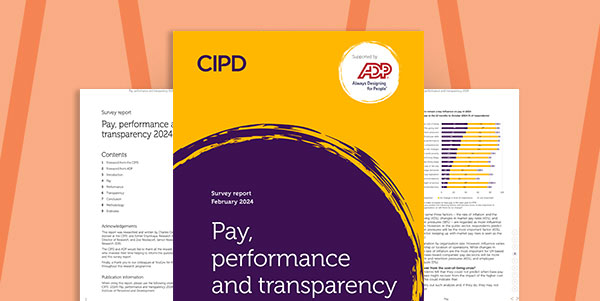Chancellor of the Exchequer Jeremy Hunt presented his Spring Budget 6th March 2024.
The HM Treasury Spring Budget 2024 document can be found here.
The below is a summary of the key points that affect PAYE and UK Payroll.
TABLE OF CONTENTS
National Insurance
The government is cutting the main rate of employee National Insurance by 2p from 10% to 8% from 6 April 2024. Combined with the 2p cut announced at Autumn Statement 2023, this will save the average worker on £35,400 over £900 a year.
Investment Zones
The government has announced further details on Investment Zones in Greater Manchester, Liverpool City Region, North East of England, South Yorkshire, West Midlands and West Yorkshire. The government has also confirmed that the Tees Valley Investment Zone will focus on the digital and creative sectors. Further details on the Tees Valley and East Midlands Investment Zones will be announced shortly.
Investment Zones will be extended from five to ten years in Scotland and Wales, matching the extension announced for England at Autumn Statement 2023. Full details of the four Investment Zones in Scotland and Wales will be announced later this year. Details on the Northern Ireland Enhanced Investment Zone will be published soon.
The tax reliefs available in Freeport tax sites are being extended from five to ten years, until September 2031 in England, and September 2034 in Scotland and Wales.
Replacing Non-UK Domicile tax rules with a residence-based regime
This measure abolishes the remittance basis of taxation for non-UK domiciled individuals and replaces it with a simpler residence-based regime. Individuals who opt into the new regime will not pay UK tax on any foreign income and gains arising in their first four years of tax residence, provided they have been non-tax resident for the last 10 years. This new regime will commence on 6 April 2025 and applies UK-wide. The government will introduce the following transitional arrangements for existing non-doms claiming the remittance basis:
- an option to rebase the value of capital assets to 5 April 2019
- a temporary 50% exemption for the taxation of foreign income for the first year of the new regime (2025-26)
- a two-year Temporary Repatriation Facility to bring previously accrued foreign income and gains into the UK at a 12% rate of tax.
The government will also reform Overseas Workday Relief (OWR). Eligible employees will be able to claim OWR for the first three years of tax residence, benefitting from income tax relief on earnings for employment duties carried out overseas but with current restrictions on remitting these earnings removed. Further detail on eligibility criteria will be set out in due course following engagement with stakeholders.
Pensions Lifetime Provider
The government has confirmed that it remains committed to exploring a lifetime provider model for Defined Contribution (DC) pension schemes in the long-term. The government will undertake continued analysis and engagement to ensure that this would improve outcomes for pension savers, and build on the foundations of reforms already underway, including the Value for Money Framework.
Tax Administration and Maintenance Day
The government will bring forward a further set of tax administration and maintenance announcements on 18 April 2024 at a Tax Administration and Maintenance Day.
High Income Child Benefit Charge (HICBC) reform
The High Income Child Benefit Charge is another part of the tax system the government wants to make fairer. Child Benefit is crucial to help parents pay for the costs associated with having children, helping them to balance work with looking after their children. It is not fair that a household with two parents each earning £49,000 a year will receive Child Benefit in full, while a household earning less overall but with one parent earning over £50,000 will see some or all of the benefit withdrawn.
The government is committed to removing this unfairness and moving to a system based on household rather than individual incomes by April 2026, and will consult in due course.
In the meantime, to further support those in work, from April 2024 the government will raise the threshold for the High Income Child Benefit Charge to £60,000 taking 170,000 families out of paying this tax. The rate of the charge will also be halved so that Child Benefit is not repaid in full until you earn £80,000. The government estimates that nearly half a million families will gain an average of £1,260 in 2024-25 as a result.
ADP services do not include any legal, financial, regulatory, benefits, accounting or tax advice





